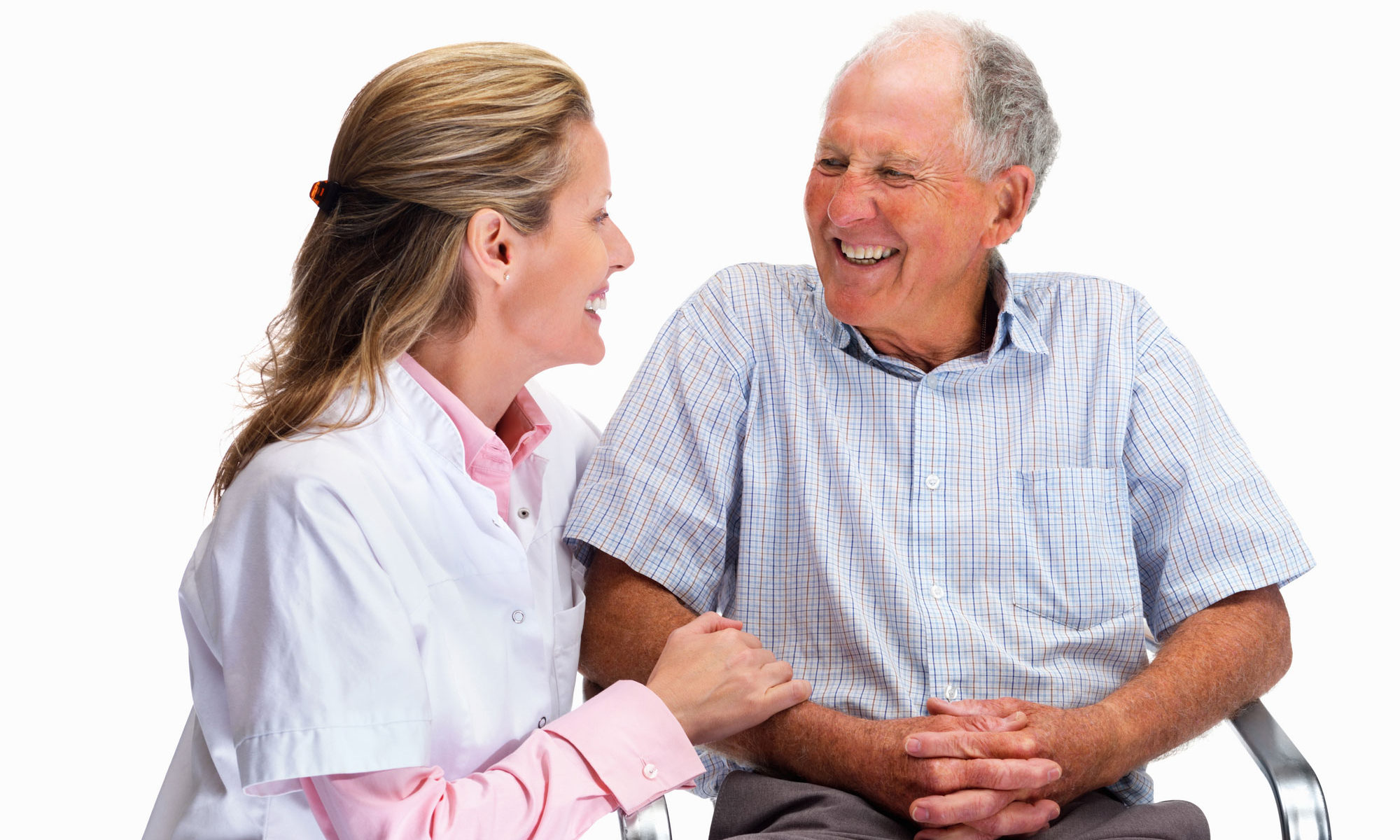Personal concierge services
Concierge Services London will be helping the elderly where we can to enjoy the quality of life that they deserve. Let us all work together to try to serve them better. Below you will find videos that will provide some insights that you might want to investigate for yourself and act on. Share your stories with us at CSL.
Helping the elderly: Loneliness
With aging, there are not just physical issues.
There can be a range of other issues.
Loneliness is defined as a sadness that comes because one has no friends or company.
Offer practical help
Do you know an older person who lives alone? Someone who rarely leaves the house? Someone who has recently suffered a bereavement or is in poor health, disabled? Or someone who has sight or hearing loss, or doesn’t seem to have close family living nearby?
Ask them if they need any help with tasks such as shopping, posting letters, picking up prescriptions and medicines or dog-walking.
Share your time
Your contribution could be as simple as a weekly telephone call to an isolated older person, or extend to regular home visits for a chat and to help with shopping and so on, driving an elderly person to a social event, or even hosting coffee mornings for groups of elderly people.
Watch for signs of winter illness
Older people are particularly vulnerable during the winter as cold weather increases their risk of illnesses such as colds, coughs, flu, heart attacks, strokes, breathing problems and hypothermia (a dangerous fall in body temperature).
Check (ideally in October before winter sets in) if they’ve had a free flu jab and, if not, offer to make an appointment at the GP surgery.
Evidence suggests giving your time in this way could be as valuable to you as the person you support.

Helping the elderly with their diet.
Eating right and staying fit are important no matter what your age. As we get older our bodies have different needs, so certain nutrients become especially important for good health.
Calcium and Vitamin D
Older adults need more calcium and vitamin D to help maintain bone health. Have three servings of vitamin D-fortified low-fat or fat-free milk or yogurt each day. Other calcium-rich foods include fortified cereals and fruit juices, dark green leafy vegetables and canned fish with soft bones. If you take a calcium supplement or multivitamin, choose one that contains vitamin D.
Vitamin B12
Many people older than 50 do not get enough vitamin B12. Fortified cereal, lean meat and some fish and seafood are sources of vitamin B12. Ask your doctor or a registered dietitian nutritionist if you need a vitamin B12 supplement.
Fiber
Eat more fiber-rich foods to stay regular. Fiber also can help lower your risk for heart disease, control your weight and prevent Type 2 diabetes. Eat whole-grain breads and cereals, and more beans and peas — along with fruits and vegetables which also provide fiber.
Potassium
Increasing potassium along with reducing sodium (salt) may lower your risk of high blood pressure. Fruits, vegetables and low-fat or fat-free milk and yogurt are good sources of potassium. Also, select and prepare foods with little or no added salt.
Know Your Fats
Foods that are low in saturated fats and trans fat help reduce your risk of heart disease. Most of the fats you eat should be polyunsaturated and monounsaturated fats. Check the Nutrition Facts panel on food labels for total fat and saturated fat.
Some of the benefits of remaining active

